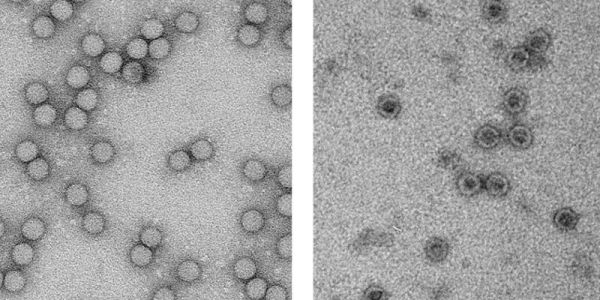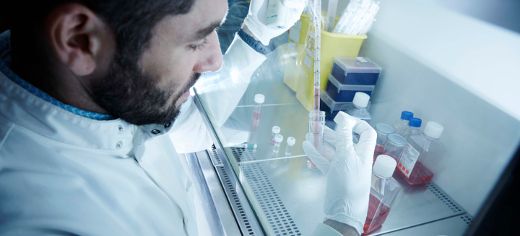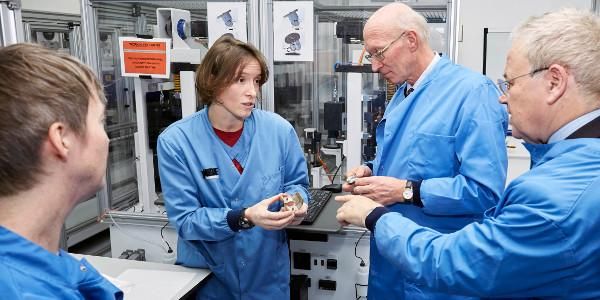
Research centre aims to raise health of young and elderly
Researchers from Leeds and Bradford will work together to improve the health and well-being of children and the elderly – and the safety of patients in hospitals – in a new £3million centre.

Researchers from Leeds and Bradford will work together to improve the health and well-being of children and the elderly – and the safety of patients in hospitals – in a new £3million centre.

New international standards for green communication technology have been backed by the world’s largest professional body for engineers.

A composer working with sounds below the limits of human hearing has been announced as the winner of the inaugural £15,000 DARE Art Prize by Opera North and the University's Cultural Institute.

Scientists have identified new ways to provide vaccines against polio, which do not require the growth of live virus for their manufacture.

The results of a £17 million investment in advanced biological research equipment have been unveiled at the University today, with the official opening of the Astbury BioStructure Laboratory.

A new report reveals children’s attitudes to the Internet and their recommendations for policymakers.

A new £6.8m medical imaging centre which aims to transform the diagnosis and treatment of patients suffering from cancer, heart disease and musculoskeletal diseases has opened.

Six new multi-million pound research hubs, aimed at strengthening the UK’s manufacturing industries, have been announced this week by Universities and Science Minister, Jo Johnson MP.

The way in which man-made acids in the atmosphere interact with the dust that nourishes our oceans has been quantified by scientists for the first time.

Cutting-edge developments in medical technology have been demonstrated to Government Health Minister Lord Prior, during a fact-finding mission to Leeds.